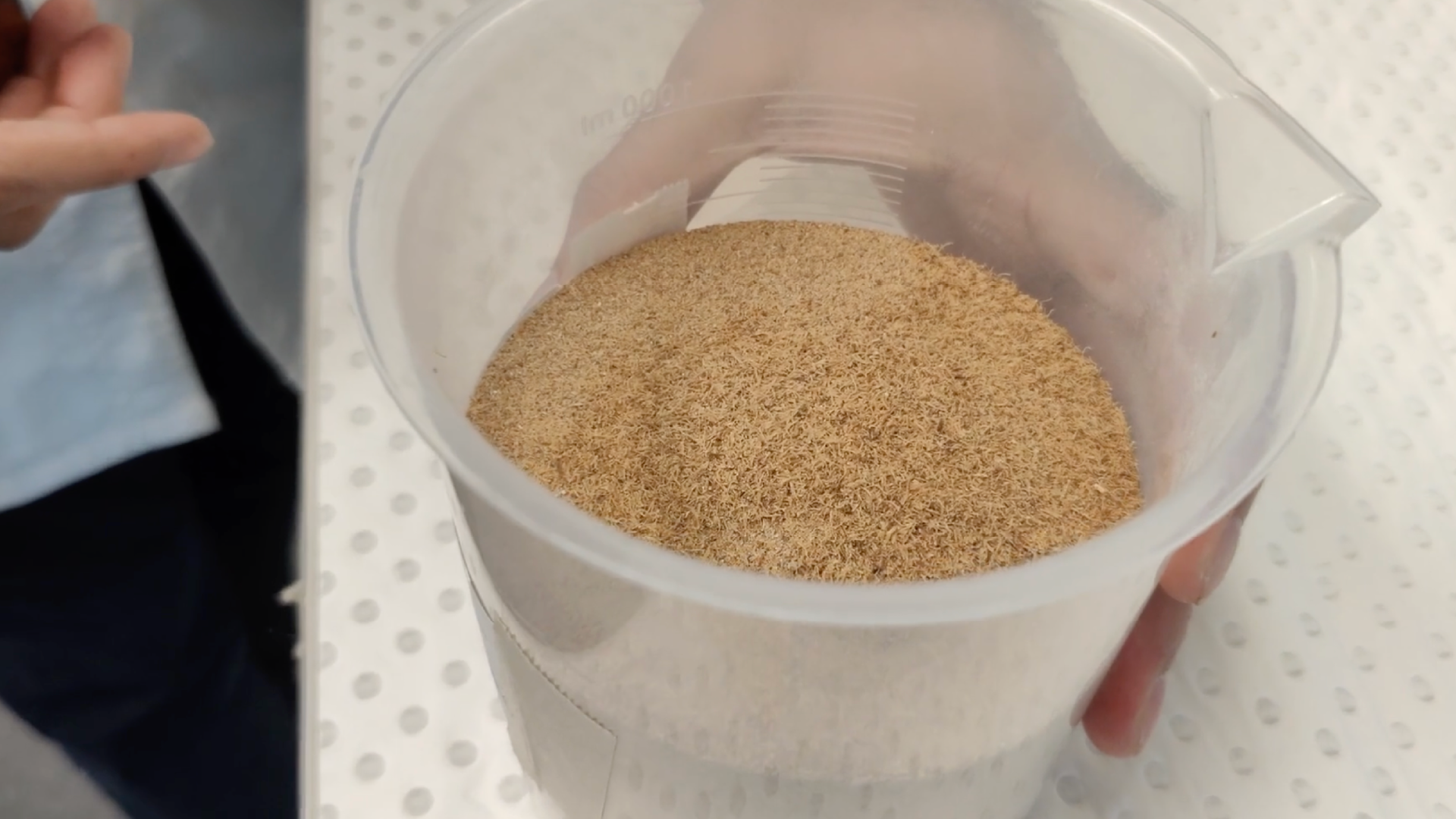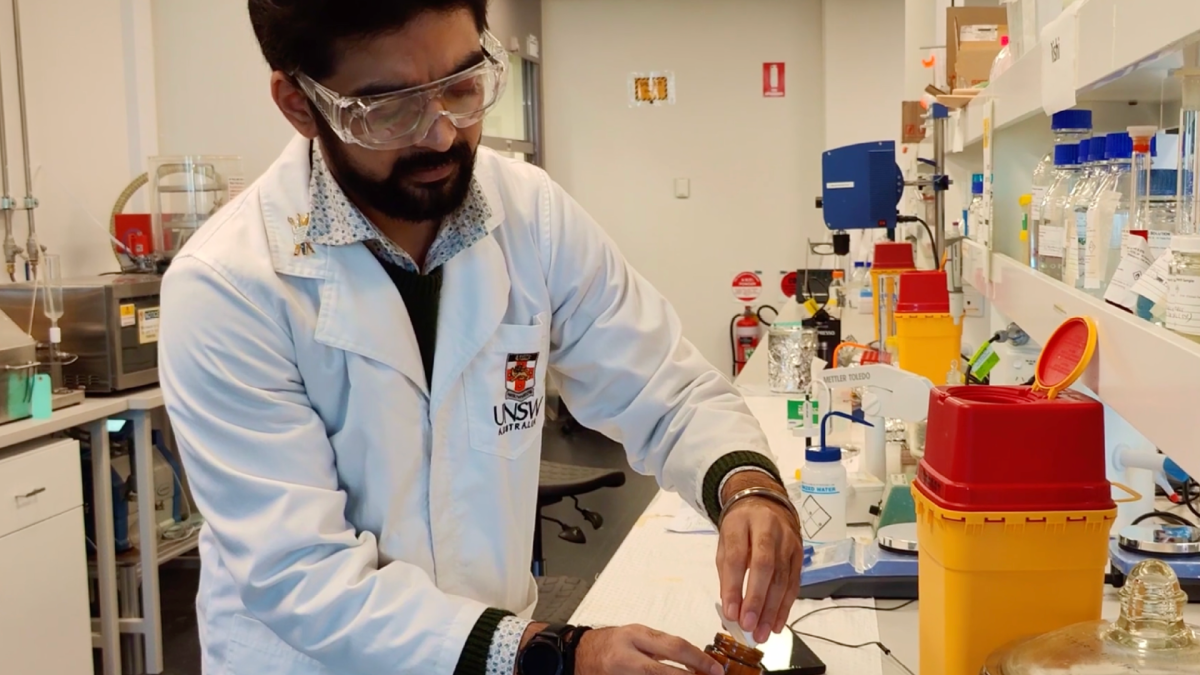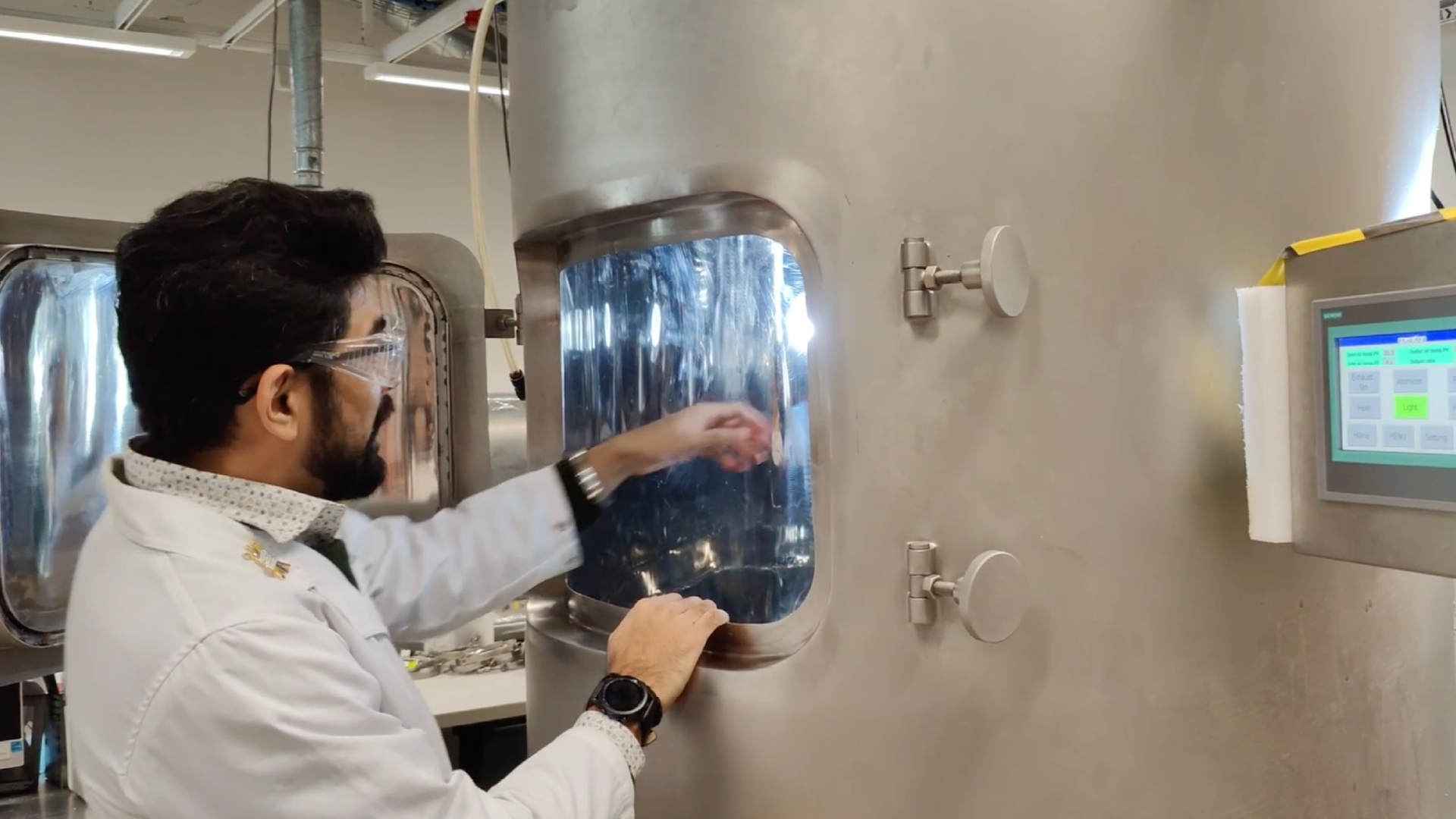Plant proteins are increasingly recognised as the future of sustainable human nutrition. However, compared to animal-derived proteins, they often lack essential functional attributes such as solubility, emulsification and stability – properties critical for food formulation and texture. Existing methods to enhance plant protein functionality are typically effective only at laboratory scale, presenting a significant barrier to industrial application.





